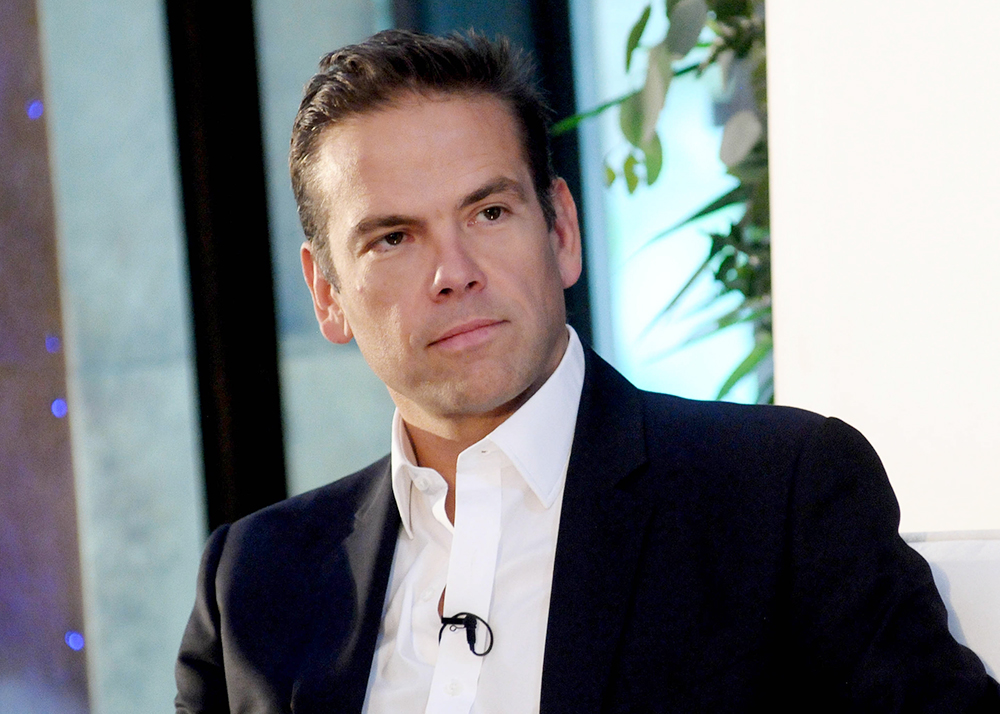Fox Corporation’s Profit Plummets Amid Rising Expenses: The Corporate Greed Agenda Exposed as Higher Revenue Fails to Translate into Shareholder Gains
Fox Corporation, the media giant behind influential platforms such as Fox News Channel, Fox Sports, and the Fox broadcasting network, recently reported its financial performance for the first fiscal quarter. While the company celebrated a 5% increase in overall revenue, translating to $174 million, it simultaneously faced a significant decline in net income attributable to shareholders, which fell to $599 million. This stark contrast between revenue growth and profit reduction raises critical questions about the sustainability of profit margins in an increasingly competitive media landscape.
The core issue at hand revolves around the rise in operating expenses, which directly impacted Fox’s profitability. As advertising revenue swells, so do the costs associated with content production, talent acquisition, and technological upgrades. This scenario is not unique to Fox; many corporations in the media sector are grappling with a similar dilemma. The trade-off between investing in high-quality content to attract viewers and managing costs effectively is becoming more pronounced.
In recent years, the media industry has undergone transformative changes, primarily driven by the digital revolution. Traditional advertising methods are being challenged by the rise of streaming services and social media platforms that offer advertisers new ways to reach audiences. As a result, traditional networks like Fox must adapt swiftly to maintain their relevance in a shifting landscape. While Fox has made strides in enhancing its programming and expanding its reach, the associated costs have surged, leading to an imbalance between revenue growth and net income.
Furthermore, the political climate in which Fox operates cannot be overlooked. The network has often found itself at the center of intense debates surrounding media bias, censorship, and the role of corporate interests in shaping public discourse. Critics argue that the prioritization of profit over journalistic integrity leads to sensationalism and a lack of accountability. This criticism is particularly salient given the current socio-political climate, where media outlets are scrutinized for their influence on public opinion and democracy.
Fox’s financial struggles highlight a broader trend within the media industry: the relentless pursuit of profit in an era where content consumption habits are rapidly evolving. As consumers shift towards on-demand services and personalized content experiences, traditional broadcasters must navigate the complexities of maintaining viewership while balancing financial sustainability. This is compounded by the fact that advertising dollars are increasingly being diverted to digital platforms that offer precise targeting and measurable results.
The implications of rising expenses are significant for shareholders and stakeholders alike. While Fox Corporation’s revenue growth may appear promising on the surface, the underlying reality reveals a precarious situation. Investors are likely to demand transparency regarding how the company plans to manage its costs while continuing to deliver quality content that attracts viewers. The tension between maintaining profitability and investing in future growth will be a defining factor for Fox and its competitors in the coming years.
As the media landscape continues to evolve, the pressure on traditional networks like Fox to innovate while containing costs will only intensify. The challenge lies in balancing the need for high-quality programming that resonates with audiences and the financial realities of operating a major media conglomerate. Companies must explore innovative business models, such as subscription services or partnerships with emerging platforms, to diversify their revenue streams and mitigate the risks associated with fluctuating advertising markets.
Moreover, Fox’s experience serves as a cautionary tale for the broader corporate world, particularly in industries facing disruption. The narrative of rising revenue juxtaposed with declining profits underscores the importance of agile decision-making and a willingness to adapt to changing market dynamics. Businesses must recognize that the ability to pivot and embrace new opportunities can mean the difference between thriving and merely surviving in today’s fast-paced economy.
In conclusion, the financial performance of Fox Corporation is emblematic of the challenges faced by traditional media outlets in a rapidly changing environment. The juxtaposition of increased revenue against rising operating expenses reflects a broader trend that compels companies to rethink their strategies and prioritize long-term sustainability over short-term gains. As the media landscape continues to shift, Fox’s ability to navigate these complexities will significantly impact its future and that of its shareholders.




